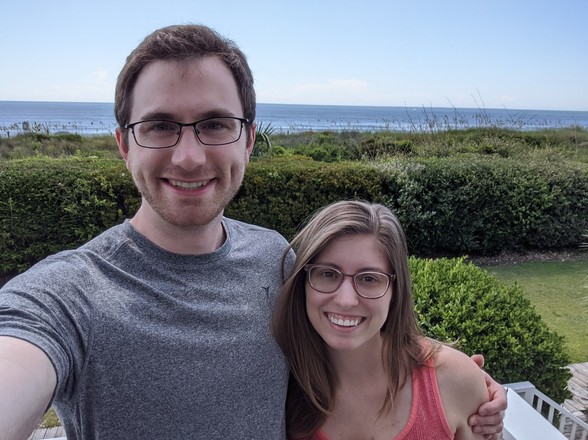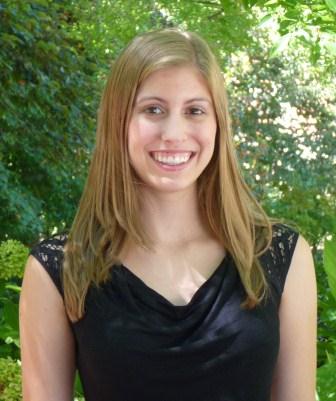ALEXANDRA HENSHAW
CAPSTONE
Capstone Project Committee: Graciela Namihira-Alfaro, Pamela Reitnauer, MD, MPH, PhD, Randi Stewart, MS, CGC
Background: The Spanish-speaking population in the United States is growing, and the need for Spanish-speaking medical interpreters can be demonstrated ethically and legally. While many studies have researched interpreters in other medical specialties, there is a lack of literature regarding interpreters in genetics and genetic counseling sessions.
Purpose: This exploratory project aimed to address the following research questions: What do interpreters know about genetics and genetic counseling, and where do they obtain this education? What do interpreters understand about the importance of genetics and genetic counseling? What attitudes do interpreters have about genetics and genetic counseling?
Methods: This study was conducted through telephone interviews with Spanish-speaking medical interpreters recruited through three interpreter organizations in the triad region of North Carolina. Nine participants completed telephone interviews. Interview responses were analyzed qualitatively by thematic analysis.
Results: Participants reported that genetic counseling is important because of patient education, psychological counseling, follow-up care, and patient decision-making. The most common perceived barriers to nondirectiveness included patient education level and health care provider characteristics. Terminology was the most frequently reported challenge for interpreting in genetic counseling sessions. Sources of genetic counseling knowledge included previous science classes, previous interpreting experiences in genetic counseling, the Internet, and interpreter training.
Discussion: Interpreters demonstrated a general knowledge and understanding of genetic counseling and its importance, but most lacked knowledge of the intricacies of the profession. The majority of participants discussed the importance of interpreter education in genetics and genetic counseling, and many expressed interest in training courses. All participants reported that genetic counseling was enjoyable and/or an important service. This information can be used to promote educational efforts for interpreters working with genetic counselors.
Since Graduation

Following graduation in 2015, Alexandra moved back to her hometown of Charlotte, NC. She has been working as a cancer genetic counselor with Atrium Health Levine Cancer Institute (previously known as Carolinas HealthCare System) for the last 6 years and has had the opportunity to work with patients at multiple Levine Cancer Institute regional clinics, including Charlotte, Concord, Albemarle, and pre-pandemic telemedicine sites. One of Alexandra’s favorite parts of her job is working with learners! She has enjoyed working with college students and fellow/residents shadowing in genetics and loves being a lead supervisor for genetic counseling graduate students. She was honored to receive the Victoria A. Vincent Genetic Counselor Supervision Award from the University of South Carolina Genetic Counseling Program in 2019. Alexandra also enjoys getting to work closely with fellow UNCG GC Program alumnae Katherine Broyhill and Mariah Gleason!
On a personal note, Alexandra and her husband Patrick were married in October 2018. They originally met in 8th grade and were friends for many years before reconnecting in 2015! In their spare time, they enjoy spending time with their families, scuba diving, fishing, and watching movies (favorites include Harry Potter, Lord of the Rings, and anything Marvel).
